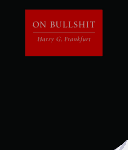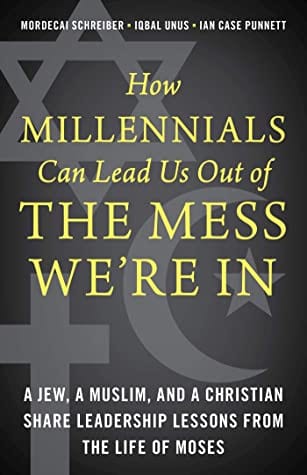Along with millions of others of viewers, I’m going to miss Jon Stewart.
At least we still have Colbert. And we can hope that he won’t lose his edgy punch when he moves over to the major network.
And Larry Wilmore is doing a damn fine job in Colbert’s vacated spot.
But Stewart was the king of this era’s version of late night comedy/satire.
A recent New York Times article described his timely rise to the top:
Since Mr. Stewart, 52, started hosting “The Daily Show” 16 years ago, the country’s trust in both the news media and the government has plummeted. Mr. Stewart’s brand of fake news thrived in that vacuum, and turned him into one of the nation’s most bracing cultural, political and media critics.
With his over-the-top presentation of the news — his arms swinging wildly, his eyes bulging with outrage, followed by a shake of the head and a knowing smile — Mr. Stewart attracted a generation of viewers ready to embrace an outlier whose exaggerations, in their view, carried more truth than conventional newscasts.
In an era of 24-cycle news coverage, social media explosion, and the ratcheting-up of animosity, political deadlocking, surface-level ideological warfare, Stewart–in the apt phrasing of another article, kept many of us sane.
Progressive evangelical activist Jim Wallis went so far, in a 2009 interview with Stewart, to suggest he was a kind of prophet for our time, who spoke hard truth in public to power.
There’s probably something to that, in that satire can be the most effective means of generating cognitive unrest with the craziness that goes on and that might otherwise go unnoticed. Whether the satirist actually accomplishes any real change (or even intends to) is perhaps another question.
But at the very least they can give voice to those who are befuddled by that craziness, and who want to know they aren’t alone. Did [insert politician] really just do that? Did [insert “news” commentator] really just say that? And on and on.
In Sophocles’ Antigone, an important role is played by the character Tiresias, the blind prophet figure who speaks truth to King Creon, as the King is losing control of himself, his family, and is running headlong (the prophet warns) against the wishes and graces of the gods.
Who plays the role today of Tiresias, in our society? Who is speaking hard truths to those in power? Who is calling out the craziness? Whether Stewart was really a prophet or not, who can say. In any case, that’s a pretty subjective judgment and probably a reach. In any case, his truth-speaking didn’t come at the possible expense of his life; he made a really good living at it, in fact.
But as a satirist, he has played something of the role of the prophet. Whether Jonathan Swift, Alexander Pope, or Jon Stewart, satirists help the rest of us give voice to the craziness. And sometimes that’s all we need.
Stay in the Loop! Like/follow Unsystematic Theology on Facebook for more links and discussions on theology and society












